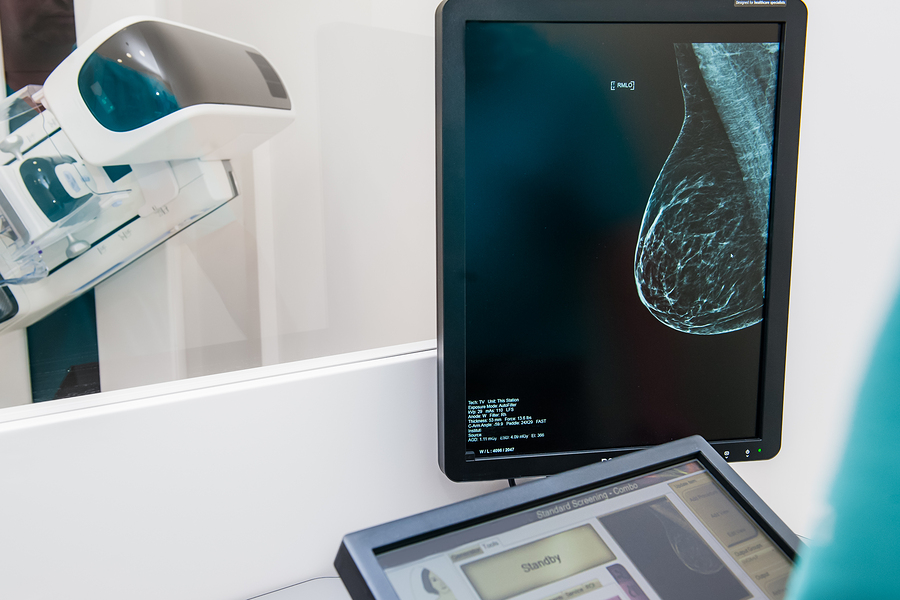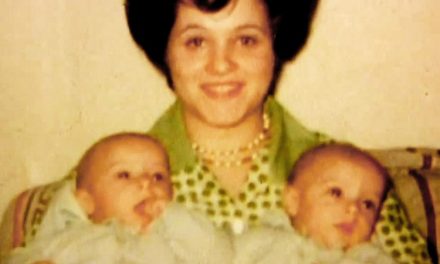A new and yet to be published study has found that women who are naturally early risers were found to have a lower risk of developing breast cancer than those who were night owls. In the study, one in 100 women who considered themselves to be a “morning person” developed breast cancer, compared with two in every 100 women who called themselves evening people.
“Cancer risks associated with a person’s body clock and sleep patterns have been reported in previous research and the UK researchers wanted to explore sleep traits in more detail, as well as any genetic factors underlying this.
Self-reported preferences for mornings or evenings (by their own definition of that preference) were recorded in more than 180,000 women, led by Dr. Rebecca Richmond, research fellow in the Cancer Research UK Integrative Cancer Epidemiology Program and the Epidemiology Unit at the University of Bristol, and presented Tuesday at the NCRI Cancer Conference in Glasgow.”1
Richmond’s team also looked at genetic variants, in more than 220,000 women, that might explain whether or not someone was a morning or night person. They found that women whose genes made them more likely to be early risers were less likely to develop breast cancer by as much as 48%. (However, Richmond stressed that the lower risk was identified among “extreme” cases, where people identified themselves as “definite” morning people out of the five categories they could choose from — definite morning, more morning than evening, neither, more evening than morning, definite evening.2) Using self-reported data on sleep from 180,000 participants, the team found a similar trend of early rising women having a 40% lower risk of breast cancer (Richmond says the variation is due to technical differences).
RELATED STORY:
(Also of note, those who self-reported sleeping more than the average seven to eight hours per night were found to have a slightly increased risk of breast cancer: 20% per extra hour slept.)
RELATED STORY:
While the unpublished study has its detractors…
- Dipender Gill, clinical research training fellow at Imperial College London said, “The statistical method used in this study, called Mendelian randomization, does not always allow causality to be inferred. For example, the genetic determinants of sleep may also affect other neuronal mechanisms that affect breast cancer risk independently of sleep patterns. In such a scenario, sleep patterns may be associated with risk of breast cancer, but not directly cause it.”3
- And Stephen Burgess, a postdoctoral fellow at the University of Cambridge added, “The authors do not show any biological mechanism by which sleep timing preference could influence breast cancer risk. Another limitation is that sleep timing preference (chronotype) is self-reported, and the investigation did not specifically recruit individuals with different sleep patterns, such as night-shift workers.”4
RELATED STORY:
It also has support. Dr. Sowmiya Moorthie, a senior policy analyst in epidemiology at PHG Foundation, who was not involved in the research, added that the study’s major strength is the use of “multiple approaches to examine the links between sleep traits and breast cancer, which allows the researchers to demonstrate consistency in their findings. In terms of the implications of the research, it supports existing evidence that sleep patterns influence cancer risk, but it remains unclear how individual preferences for early or late rising interact with actual sleep behaviours.”5
More research is needed and these results cannot be applied to a wider audience (the majority of women included were of European ancestry). And, while sleep is an important risk factor for breast cancer, it isn’t as large as hormone imbalance, weight (which is set to become the leading preventable cause of breast cancer for women in the UK), eating red and processed meat, or alcohol consumption. The American Cancer Society says 45% of cancer deaths in the U.S. are linked to these modifiable risk factors.
Bottom line, eat well, drink enough clean water, get good and safe sunlight, cut down your exposure to chemicals and move your body. Oh and don’t be afraid if you are a night owl but do get more good sleep (all the hours before midnight which counts for double) than not.
RELATED STORY:
And lastly, don’t live your life in fear but do live your life well informed! Cancer doesn’t have to be a scary word. Health can be abundant.












